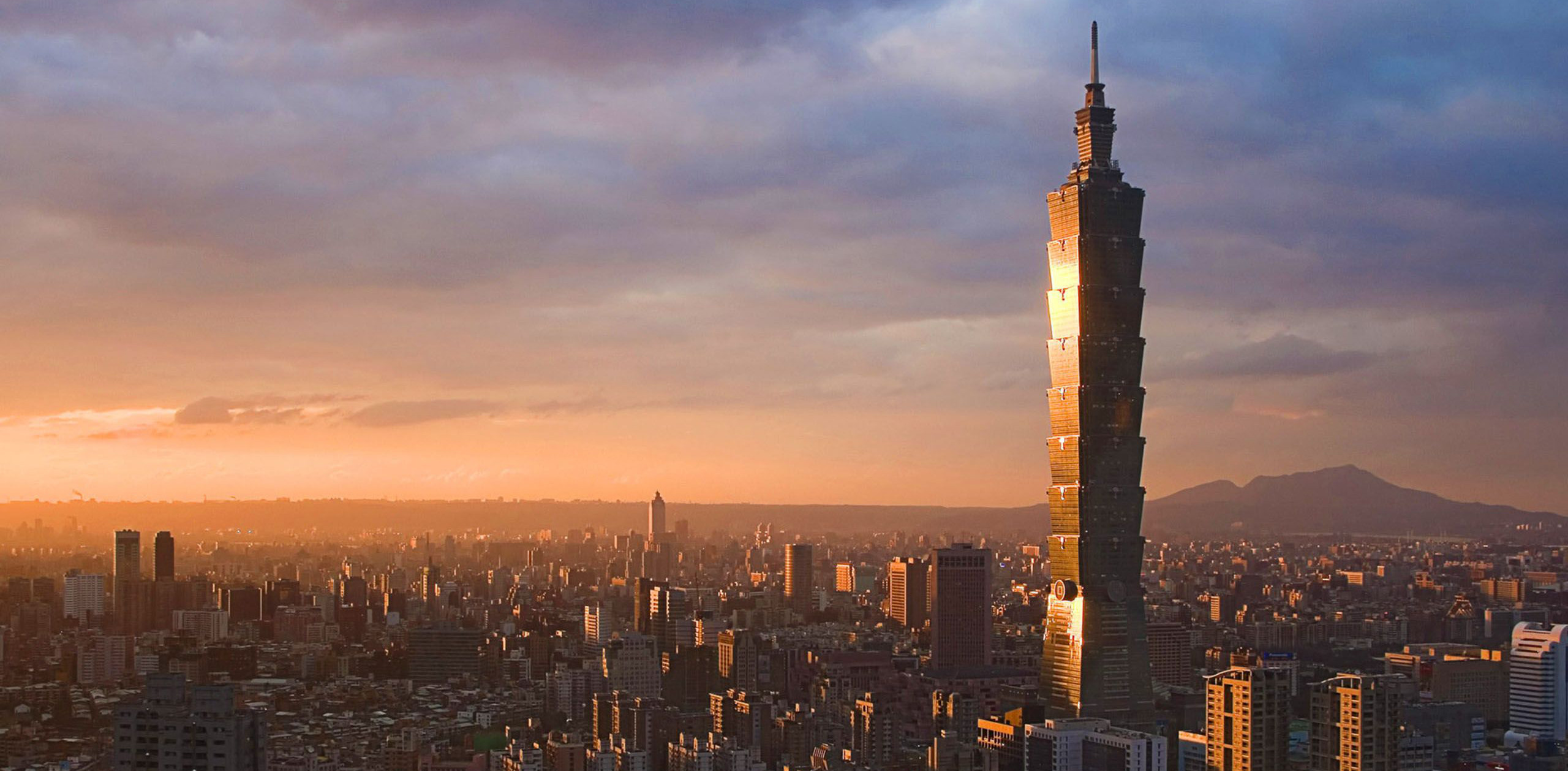-
To begin any project, construction always starts from the ground. MAA has extensive experience with many different geological and geotechnical environments, from planning complicated large scale structures on soft soils common throughout Southeast Asia, to tunneling through complicated mountain ranges. The geotechnical experts at MAA are able to provide innovative and cost effective solutions to guide clients through their projects. MAA has pioneered many geotechnical methods throughout Asia, using advanced technology to tailor services to our clients’ needs.
With over 40 years of geotechnical projects, MAA has completed projects with complicated soil, rock, groundwater, slopes and fault distribution conditions, resulting in an impressive list of notable infrastructures, earthworks, and structures.
Our track record in geotechnical engineering includes ground improvement for Suvarnabhumi International Airport, soil and foundation studies for many of Singapore high rises and Taipei 101. With underground risk management for the majority of Taipei MRT networks as well as over 21 MRT systems in China, common utility duct systems by MAA in Vietnam and Taiwan, and tunnels such as the Fuxing Underpass, which was constructed under Songshan International Airport’s operational runway, demonstrate MAA’s accomplishments.
- Services Provided
- - Foundation and Deep Excavation
- Slope Protection and Earth Retaining Works
- Slopeland Development
- - Embankment
- Ground Improvement
- Dam Safety
- - Seismic Risk
- Tunnel
- Groundwater Modeling
- - Geo-environmental engineering
- Soil and Water Conservation Design
- Underground Construction Risk Management –
Geotechnical Engineering Specialty Consultancy (GESC)
Foundation and Deep Excavation
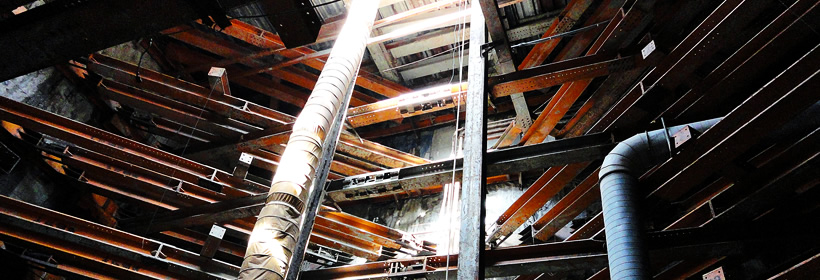
As buildings and facilities become larger and taller, geotechnical considerations become a very important safety factor during design and construction. With readily available database and extensive international experience in a variety of geotechnical problems, geological knowledge and projects, MAA has readily provided foundation engineering and deep excavation design services to various landmark building projects including Taipei 101 Financial Center – the tallest building in the world when constructed, Core Pacific Shopping Mall – the largest shopping center in Taiwan, the popular St. John’s Building atop the Peak Terminus in Hong Kong, and the Gateway in Singapore.
Soft Ground Improvement
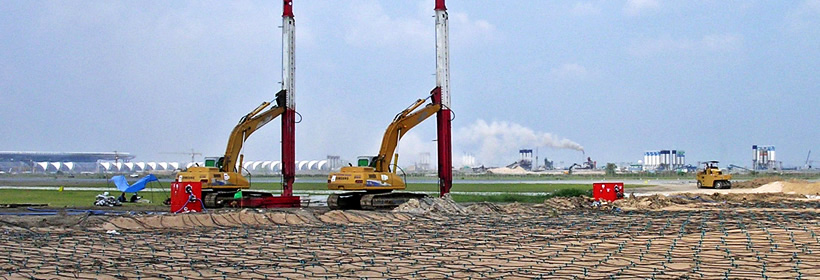
Many Asian and South-East Asian cities are located in flood plains with very soft ground condition. To achieve sound foundation for buildings or infrastructures in these areas, special geotechnical technologies for ground improvement are required. Planning, design and construction supervision services carried out by MAA under soft soil conditions include Keelung River reclamation and Shezihdao Development in Taiwan, Airfield Pavement and Landside Road System of Survarnabhumi Airport in Thailand, and the Nguyen Van Linh Parkway in Vietnam. MAA has been involved in the design and consolidation work at the Suvarnabhumi International Airport in Bangkok, Thailand, improving an area of over 400,000 m2 of soft ground.
Industrial Facilities & Power Plants
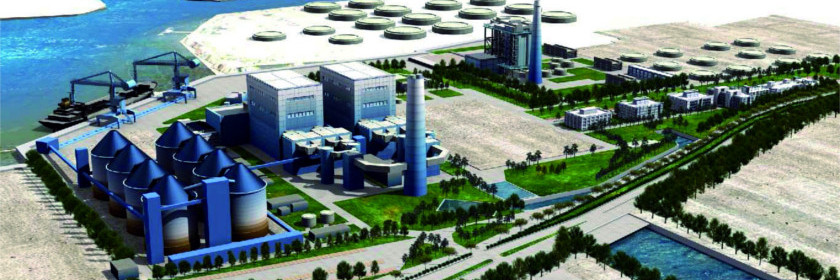
Industrial facilities and power plants are needed to fuel economic growth in many countries. Due to the product nature, some of these facilities have strict specifications in the design of the facilities. Often, geotechnical studies are needed to address special problems in vibration, earthquake and/or ground water conditions during the design and construction of these facilities. MAA conducted many extensive studies for major developments, including Nankang Software & Linkou Technology Parks, Hsin Yu Co-Generation Power Plant, Hoping & Hsin-Tao Power Plant in Taiwan, Tuas A Power Station in Singapore, and the Surulaya Power Plant in Indonesia
Geotechnical Data Banks
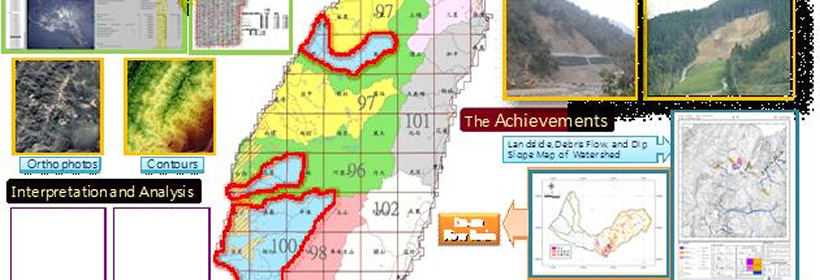
A geotechnical databank is a powerful tool to maximize efficiency during the planning and preliminary design of major infrastructure projects. In the mid-1980’s, MAA established a geotechnical zoning map for Taipei Basin through the compilation of soil investigation data obtained from various sources, ranging from utility companies to building departments. The established databank was then used for the planning of mass rapid transit system and sewage networks in Taipei. In the 1990’s, MAA combined remote sensing techniques and geographic information systems to bring the databank to a more sophisticated level. As a result another comprehensive databank was then established to map the sensitivity of slopelands throughout Taiwan. The level of hazard potential of the slopelands are rated, zoned and mapped. The databank acts as a guide for future slopeland developments and slopeland development policies in Taiwan.
Engineering Geological Survey
Engineering geological survey requires combined expertise in engineering and geology. State-of-the-art survey techniques are utilized by MAA in surface investigation, processing and interpretation of images from remote sensing, geophysical exploration, drilling and sampling, field testing, laboratory testing, environmental geology analysis, hydrogeology analysis, identification of faults, investigation of coal mine sites, as well as geotechnical analysis and evaluation. MAA continuously adopts advanced equipment and computer software for engineering geological survey, such as the application of high resolution satellite images, global positioning system and geographic information system. Results of the survey now have found their application in major infrastructure projects as well as large-scale private development projects.
Slopeland Development
Due to scarcity of land in Taiwan, Hong Kong and other countries in Southeast Asia, many developments are being limited by the surrounding hillsides to flatlands, which are causing great loss of life and properties during raining or typhoon season. However, with improved technology in dealing with stability and erosion, slopeland development is now possible. MAA has devoted great efforts in carrying out hundreds of project with slope development and soil & water conservation problems. One of the most successful projects is the 500 ha Great Taipei City Community, which later served as the basis for Taiwan’s slopeland developments. MAA assisted the Taiwan government to establish the geological hazard information system including debris flows, rock falls, landslides, erosions, abandoned mines and cavities, etc. into a GIS system as part of national hazard mitigation program.
Underground Construction Risk Management – Geotechnical Engineering Specialty Consultancy (GESC)
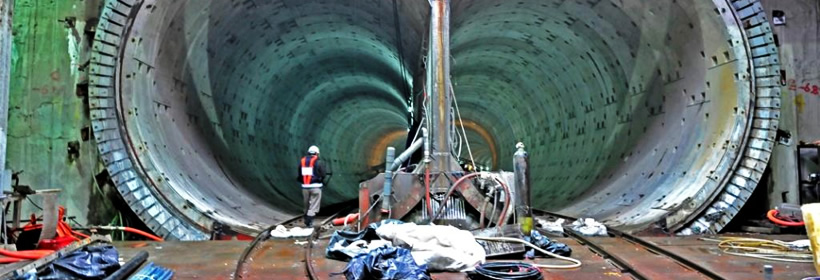
With the increasing challenge of construction in modern economies; engineering quality and safety have become more vital. In order to meet safety, quality, and economic requirements in today’s complex world, the development and use of advanced engineering technology is essential. Risk management, the identification and avoidance of potential engineering problems, is one such method to decrease engineering risks. Perceiving risk management as a subject worthy of endeavor, MAA has devoted resources to research and promote risk management application to engineering practices, mainly through the integration of past experiences and technology learned from mega-projects. As experts in underground tunneling, MAA has provided tunneling risk management services for most of the major tunneling projects for Taiwan’s Mass Transit Systems, and for over 21 cities’ MRT Lines in China.
MAA Geo-Laboratory
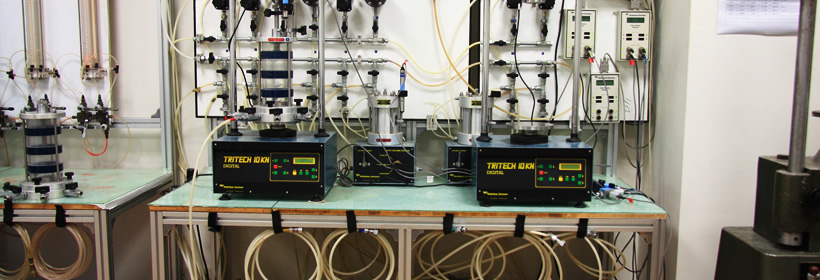
The first geotechnical engineering laboratory of MAA was established in 1975. Throughout the years, MAA also established geo-laboratories in Bangkok and Singapore and have progressively expanded with advanced testing equipments and qualified staff. In 2000, the quality assurance of MAA Lab was certified with ISO9001 and in 2002, the Chinese National Laboratory Accreditation. MAA’s labs possesses world-class geotechnical engineering testing technology and equipments. In addition to the repertoire of general physical tests on soil and rocks including compaction tests, California Bearing-Ratio (CBR) tests, unconfined compression tests, direct shear tests, tri-axial compression tests, oedometer tests, and tri-axial permeability tests, MAA’s labs can conduct advanced tests such as Constant Rate of Strain (CRS) tests, K0-consolidated Undrained Tri-axial Compression (CK0UC) tests, and K0-consolidated Undrained Tri-axial Extension (CK0UE) tests to provide necessary information for advanced soil behavior analysis.
